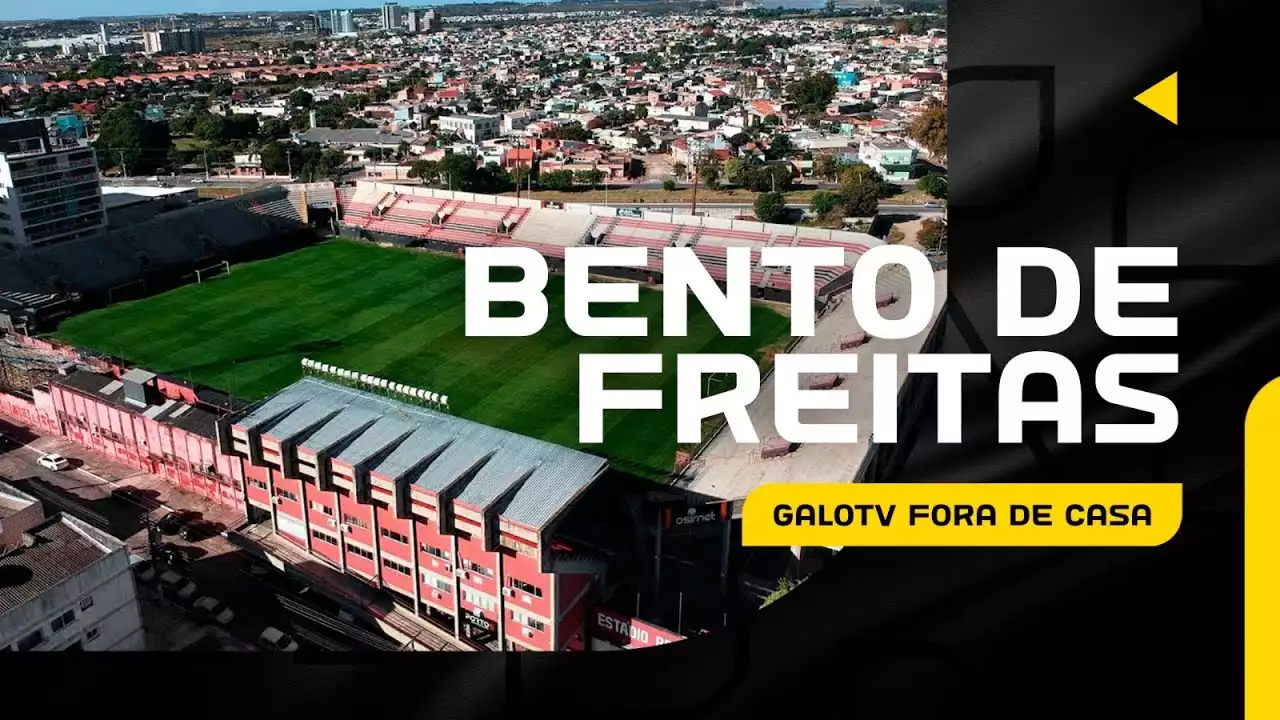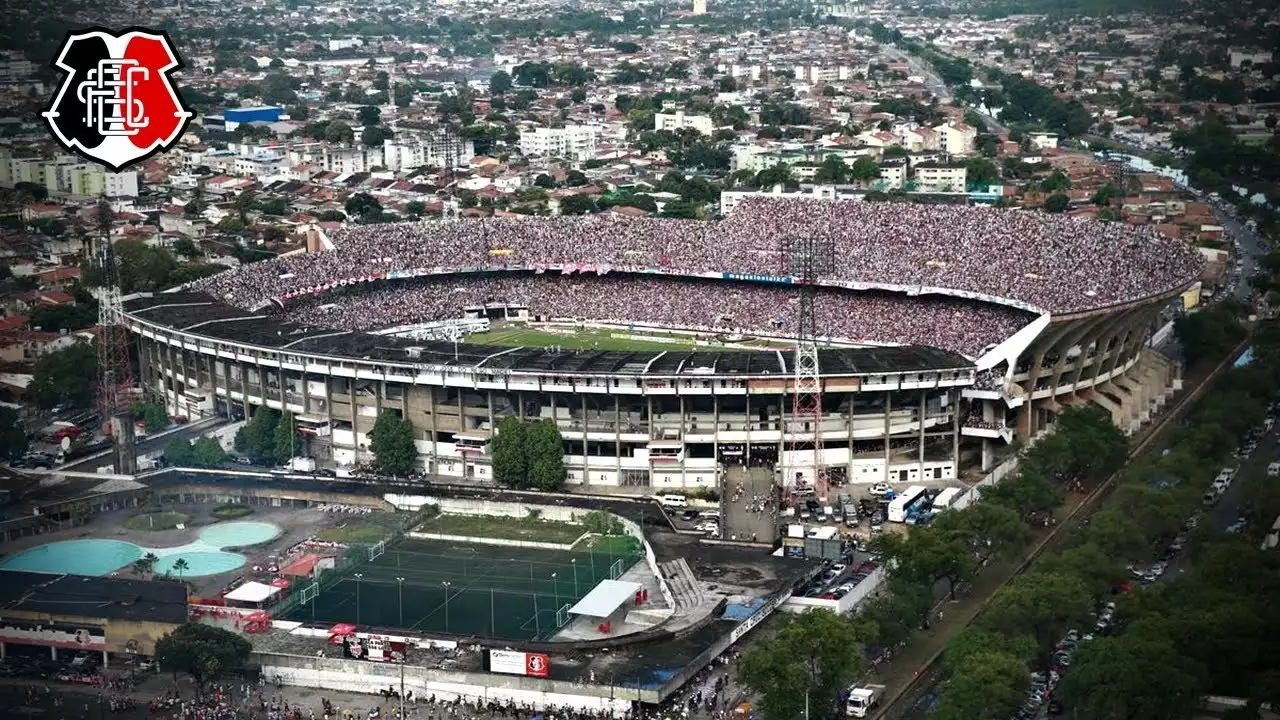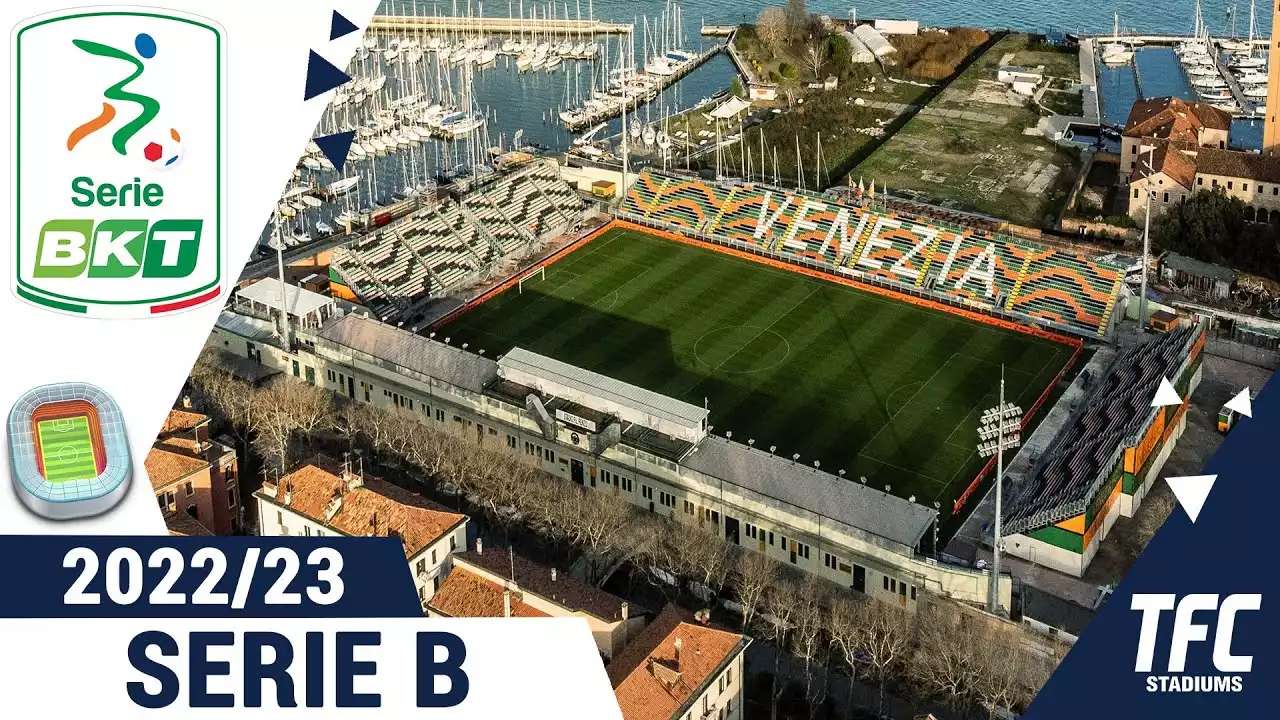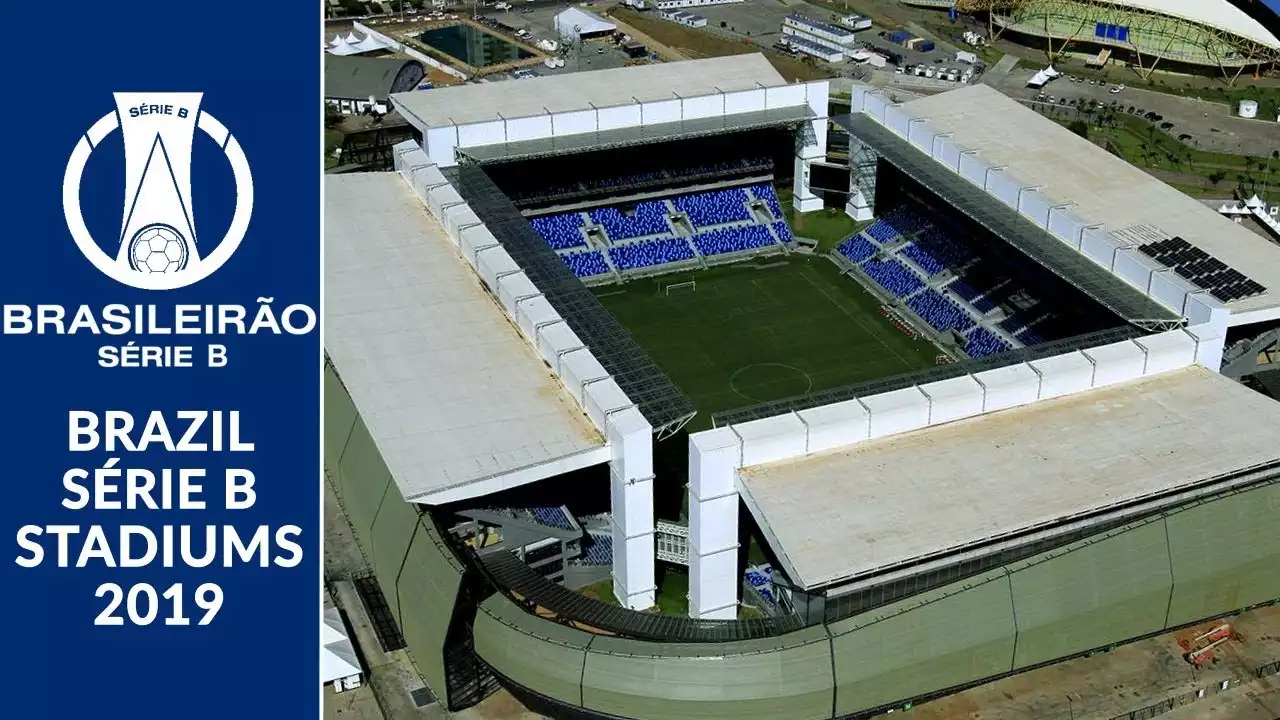The History of Estádio Bento Freitas
The Estádio Bento Freitas was named after Bento Gonçalves da Silva Freitas, who was a prominent figure in the city of Pelotas. He was a politician, businessman, and philanthropist who contributed significantly to the development of the city. The construction of the stadium began in 1934, but it was not until 1943 that it was officially inaugurated.
Over the years, the stadium has undergone several renovations to improve its facilities and accommodate more fans. The most significant renovation was made in 2008, which added a new grandstand, increasing the stadium's capacity to 18,000 seats. The stadium has also hosted several major events, including the Copa do Brasil and the Campeonato Brasileiro.
The Significance of Estádio Bento Freitas for Brasil de Pelotas
The Estádio Bento Freitas is the home of the Brasil de Pelotas soccer team. The team was founded in 1911 and has a long and rich history. The team has played in several different leagues over the years, including the Campeonato Brasileiro Serie B and the Campeonato Gaúcho.
The stadium has been witness to many of the team's most significant victories, including the team's first-ever victory in the Campeonato Gaúcho in 1930. The stadium is also where the team won the Campeonato Brasileiro Serie D in 2014, a significant achievement for a team that had been struggling for many years.
The Role of Estádio Bento Freitas in Local Culture
The Estádio Bento Freitas is an essential part of the local culture in Pelotas. The stadium is the center of many social and cultural events, and it plays a significant role in the lives of the local people. The stadium is a place of community gathering, where people come together to watch their favorite team play and celebrate their victories.
The stadium is also a significant tourist attraction, drawing visitors from all over the world. It's not just the soccer games that draw visitors to the stadium. The unique architecture of the stadium and its rich history make it a must-see destination for anyone visiting Pelotas.
Notable Matches and Events Held at Estádio Bento Freitas
The Estádio Bento Freitas has hosted several notable matches and events over the years. One of the most significant events was the opening ceremony of the 1963 Campeonato Brasileiro, which was held at the stadium. The ceremony was attended by several important figures in Brazilian soccer, and it marked the beginning of a new era in Brazilian soccer.
Another notable event was the final of the 2014 Campeonato Brasileiro Serie D, which was held at the stadium. The Brasil de Pelotas soccer team won the championship, and the stadium was filled with thousands of fans celebrating the victory.
The Facilities and Amenities at Estádio Bento Freitas
The Estádio Bento Freitas has undergone several renovations over the years to improve its facilities and amenities. The stadium has a seating capacity of 18,000, with four grandstands and a VIP area. The stadium has several concession stands selling food and beverages, and there are several restrooms located throughout the stadium.
The stadium also has several facilities for players, including locker rooms and a training field. The stadium is equipped with state-of-the-art lighting and sound systems, making it a perfect venue for concerts and other cultural events.
The Impact of COVID-19 on Estádio Bento Freitas and Brasil de Pelotas
The COVID-19 pandemic has had a significant impact on the Estádio Bento Freitas and the Brasil de Pelotas soccer team. With the suspension of soccer games and other events, the stadium has been empty for months, and the team has been unable to generate revenue.
Despite the challenges, the team has continued to train and prepare for the resumption of soccer games. The stadium has undergone several sanitation measures to ensure the safety of players and staff, and the team is looking forward to returning to the field and playing in front of their fans.
Future Plans for Estádio Bento Freitas
The Estádio Bento Freitas has several plans for the future, including further renovations and improvements to its facilities. The stadium is also exploring the possibility of hosting more cultural events and concerts to attract more visitors to the city of Pelotas.
The Brasil de Pelotas soccer team is also looking to expand its reach, with plans to become a more prominent figure in Brazilian soccer. The team has invested in new players and coaches to improve their performance on the field, and they are looking to win more championships in the future.
The Importance of Community Support for Estádio Bento Freitas and Brasil de Pelotas
The Estádio Bento Freitas and the Brasil de Pelotas soccer team rely heavily on the support of the local community. The team's success is closely linked to the support of its fans, and the stadium's success is closely linked to the support of the local businesses and organizations.
The community plays an essential role in the success of the Estádio Bento Freitas and the Brasil de Pelotas soccer team. By attending games and events, and supporting the team through sponsorship and other means, the community can help ensure the continued success of this iconic stadium and the team that calls it home.









